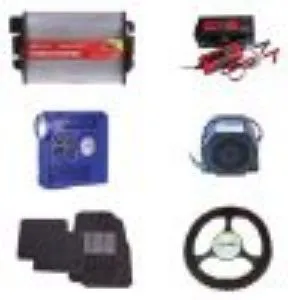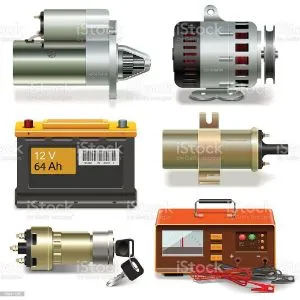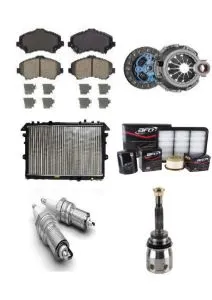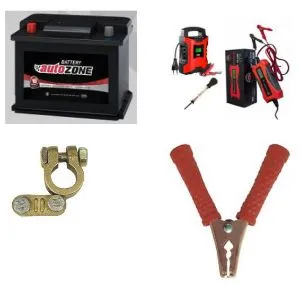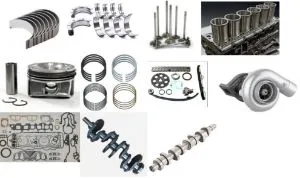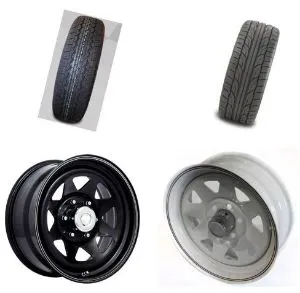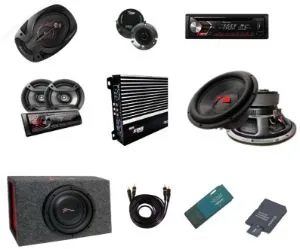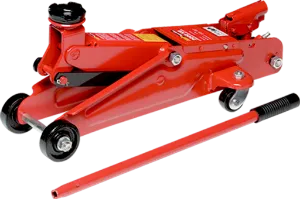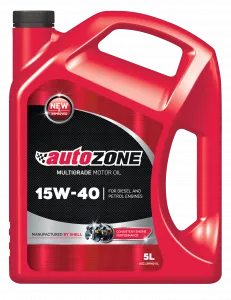Car filters are vital components that ensure your vehicle runs smoothly and efficiently. They help keep various systems within your car free from contaminants and debris, promoting longevity and optimal performance. Here’s everything you need to know about oil, air, and fuel filters, including their functions, signs of wear, and when to replace them.
Oil Filters
Function of Oil Filters Oil filters remove contaminants from engine oil that can accumulate over time. Clean oil is crucial for lubricating engine components, reducing wear, and ensuring efficient operation.
Signs of a Worn Oil Filter
- Dirty Exhaust: If you notice dark, dirty exhaust smoke, it might indicate that the oil filter is clogged and not effectively filtering the oil.
- Engine Overheating: A clogged oil filter can restrict oil flow, leading to overheating.
- Low Oil Pressure: A drop in oil pressure can be a sign that the oil filter needs to be replaced.
When to Replace Oil Filters Oil filters should typically be replaced every time you change your oil, which is usually every 5,000 to 10,000 kilometers, depending on your vehicle and driving conditions. Check your vehicle's manual for specific recommendations.
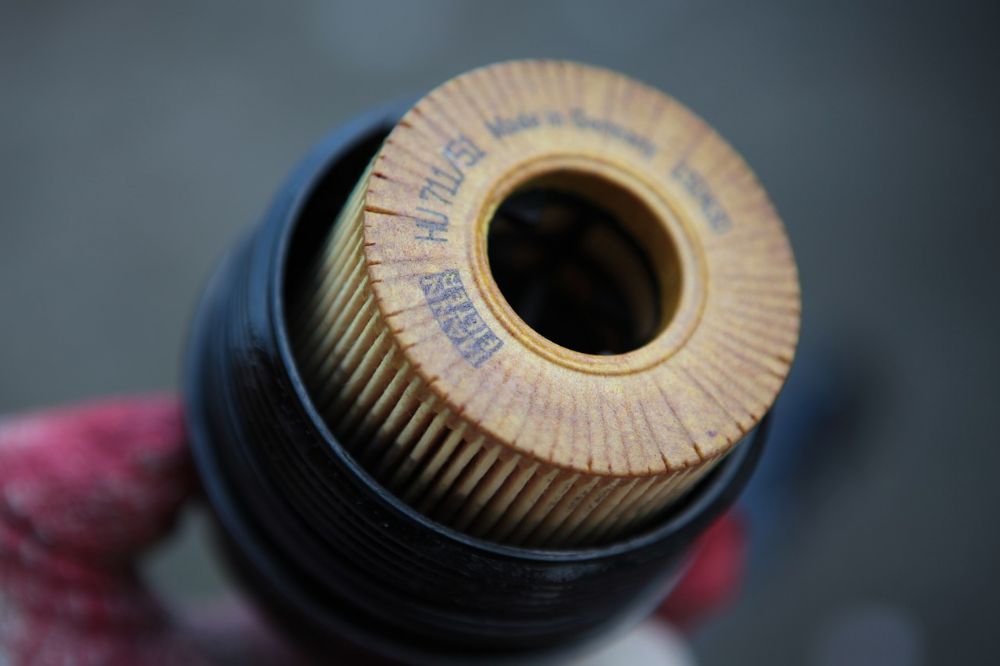
Air Filters
Function of Air Filters Air filters prevent dirt, dust, and debris from entering the engine’s combustion chamber. Clean air is essential for efficient fuel combustion and engine performance.
Signs of a Worn Air Filter
- Reduced Fuel Efficiency: A clogged air filter can restrict airflow, causing the engine to use more fuel.
- Reduced Engine Performance: A lack of clean air can lead to poor acceleration and power loss.
- Dirty Air Filter: A visual inspection can reveal if the air filter is covered in dirt and debris.
When to Replace Air Filters Air filters should be checked regularly and replaced every 15,000 to 30,000 kilometers, or as specified in your vehicle’s maintenance schedule. Driving in dusty conditions may require more frequent replacements.
Fuel Filters
Function of Fuel Filters Fuel filters remove impurities from the fuel before it enters the engine. This helps maintain engine performance and protects fuel injectors and other components from damage.
Signs of a Worn Fuel Filter
- Engine Misfires or Stalling: A clogged fuel filter can lead to inconsistent fuel flow, causing the engine to misfire or stall.
- Difficulty Starting the Vehicle: If the engine struggles to start, it might be due to insufficient fuel flow caused by a clogged filter.
- Reduced Engine Power: A restricted fuel flow can result in a noticeable loss of power during acceleration.
When to Replace Fuel Filters Fuel filters should generally be replaced every 30,000 to 60,000 kilometers. However, refer to your vehicle's manual for specific intervals.
Maintaining Your Car Filters
Regular maintenance of your car’s filters is essential for optimal performance and longevity. Here are some general tips:
- Follow the Manufacturer’s Recommendations: Always refer to your vehicle’s manual for specific maintenance intervals and procedures.
- Routine Inspections: Regularly inspect your filters for signs of wear and dirt. Replace them as necessary to avoid potential damage to your vehicle’s systems.
- Quality Parts: Use high-quality replacement filters that meet your vehicle's specifications to ensure the best performance and protection.
For a wide selection of reliable car filters, including oil, air, and fuel filters, visit AutoZone's Filter Selection. Proper care and timely replacement of these filters will keep your vehicle running efficiently and help avoid costly repairs.
.png)
